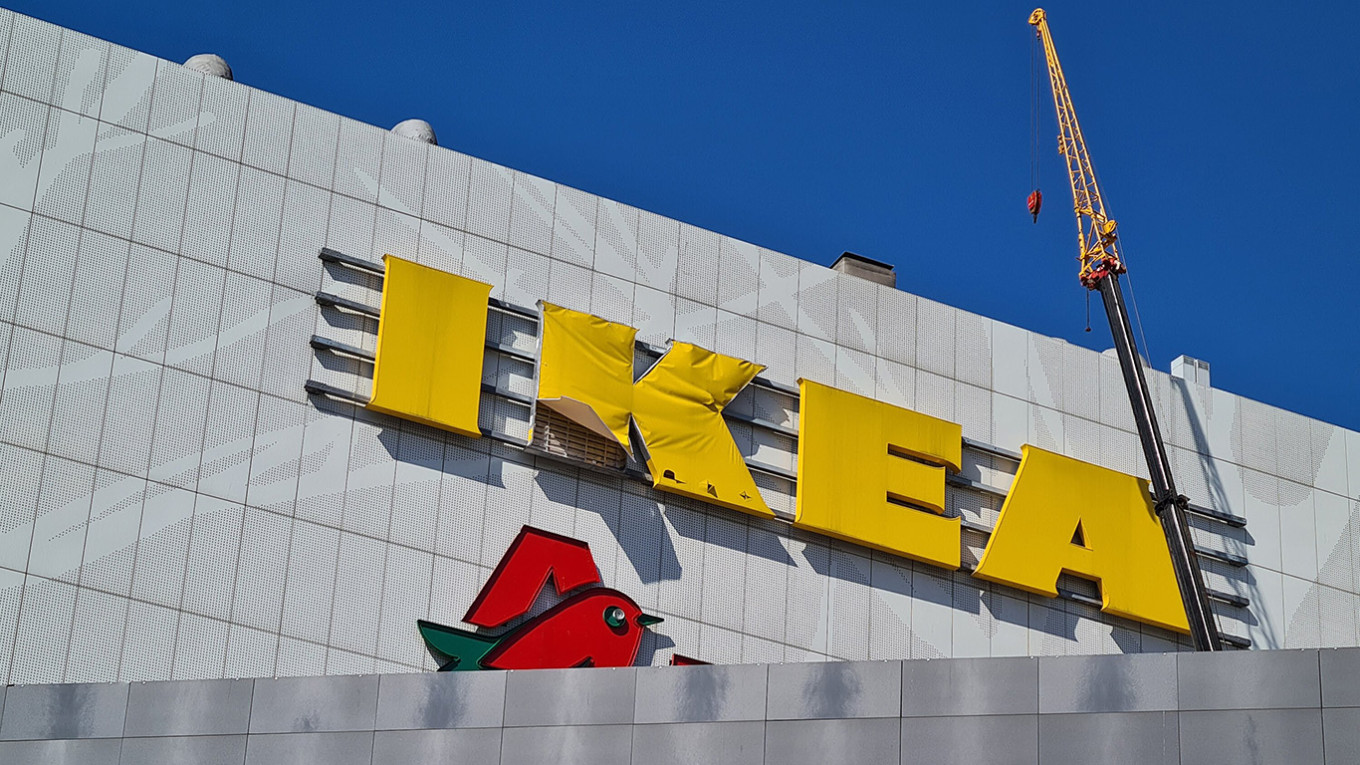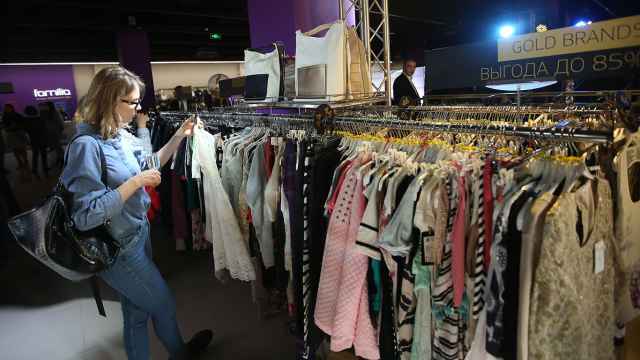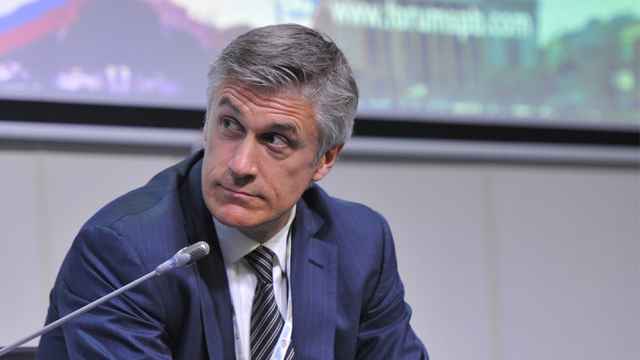The owner of Swedish furniture retailer IKEA has sold its last remaining property in Russia to a little-known businessman amid an ongoing wartime redistribution of assets.
“We are now in the last part of the scaling down process, and we can confirm that we have sold [Ye]sipovo Distribution Center outside of Moscow, as well as remaining land plots,” the Netherlands-based Ingka Group told The Moscow Times in a statement sent by email. “We no longer hold any assets in Russia.”
The RBC news website, which first reported on the sale early Friday, said Ingka Group sold a 180,000-square-meter distribution center northwest of Moscow to Robert Uzilov, co-owner of at least four Russian warehouse companies.
Uzilov’s spokesperson told RBC he also owns a number of other warehouses in and around Moscow, though they do not appear in Russia’s corporate database.
The IKEA distribution center’s value is estimated at between 16 billion rubles and 18 billion rubles ($163 million to $183.5 million), RBC cited an industry expert as saying.
The exact terms of the deal have not been disclosed. RBC reported that the Russian government’s foreign investment commission approved the sale in compliance with the Kremlin’s so-called “exit tax” that imposes steep discounts and a “voluntary contribution” to the Russian state on exiting foreign companies.
The deal comes nearly three years after Russia invaded Ukraine, prompting scores of Western companies to sell their Russian assets in compliance with wartime sanctions.
According to RBC, the warehouse in the Moscow region village of Yesipovo, which had served all IKEA stores in Russia after it was built in 2003, stood idle after IKEA suspended operations in Russia in 2022.
Ingka Group sold 14 Mega shopping centers, which house IKEA stores, to Gazprombank in September 2023 as part of its Russia exit.
A Message from The Moscow Times:
Dear readers,
We are facing unprecedented challenges. Russia's Prosecutor General's Office has designated The Moscow Times as an "undesirable" organization, criminalizing our work and putting our staff at risk of prosecution. This follows our earlier unjust labeling as a "foreign agent."
These actions are direct attempts to silence independent journalism in Russia. The authorities claim our work "discredits the decisions of the Russian leadership." We see things differently: we strive to provide accurate, unbiased reporting on Russia.
We, the journalists of The Moscow Times, refuse to be silenced. But to continue our work, we need your help.
Your support, no matter how small, makes a world of difference. If you can, please support us monthly starting from just $2. It's quick to set up, and every contribution makes a significant impact.
By supporting The Moscow Times, you're defending open, independent journalism in the face of repression. Thank you for standing with us.
Remind me later.






